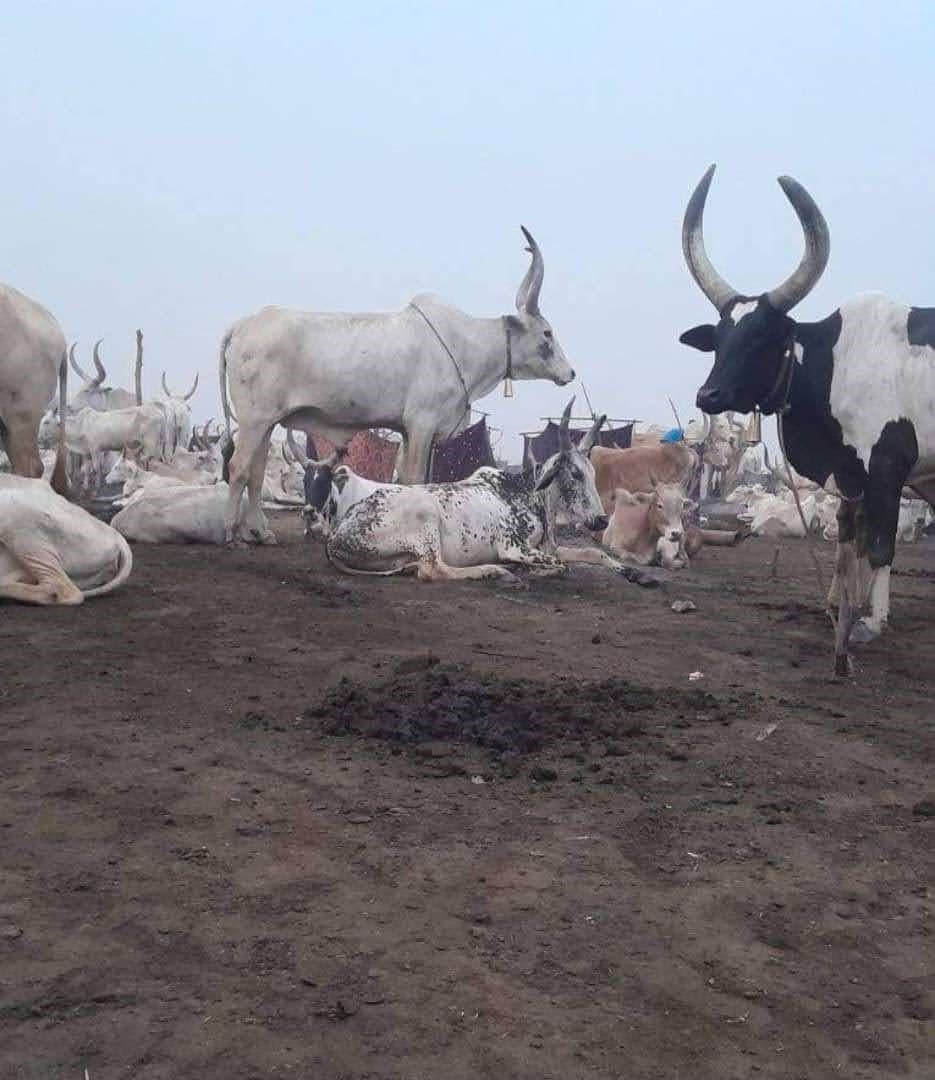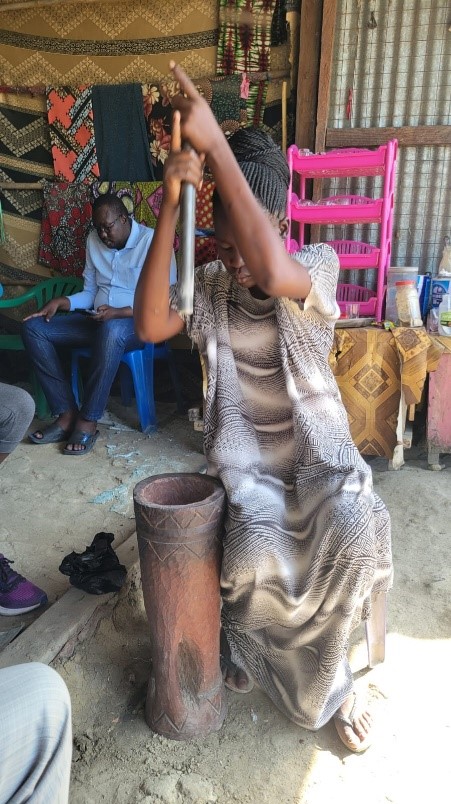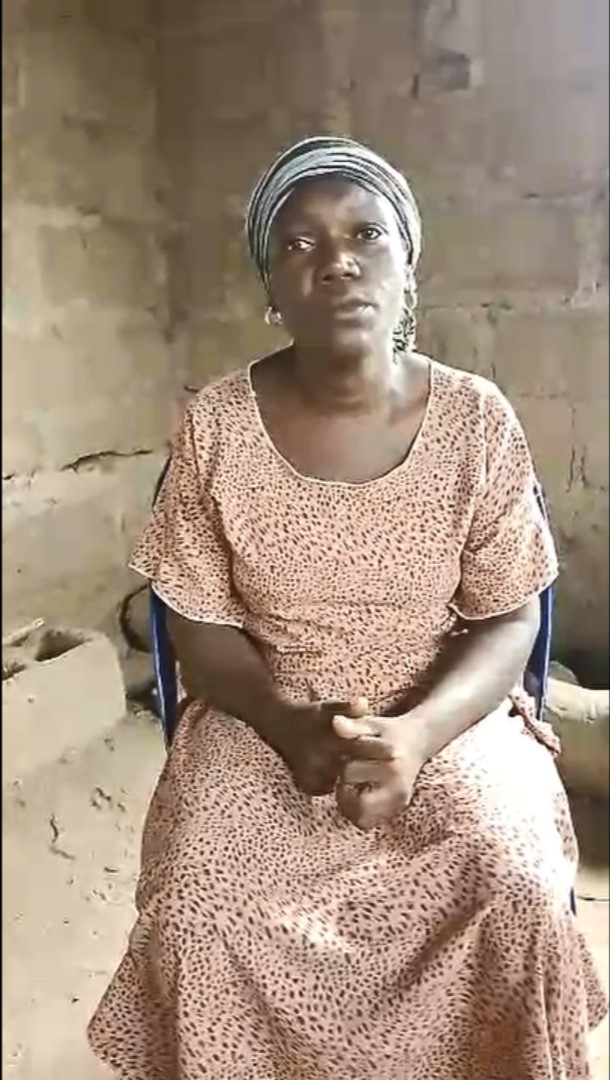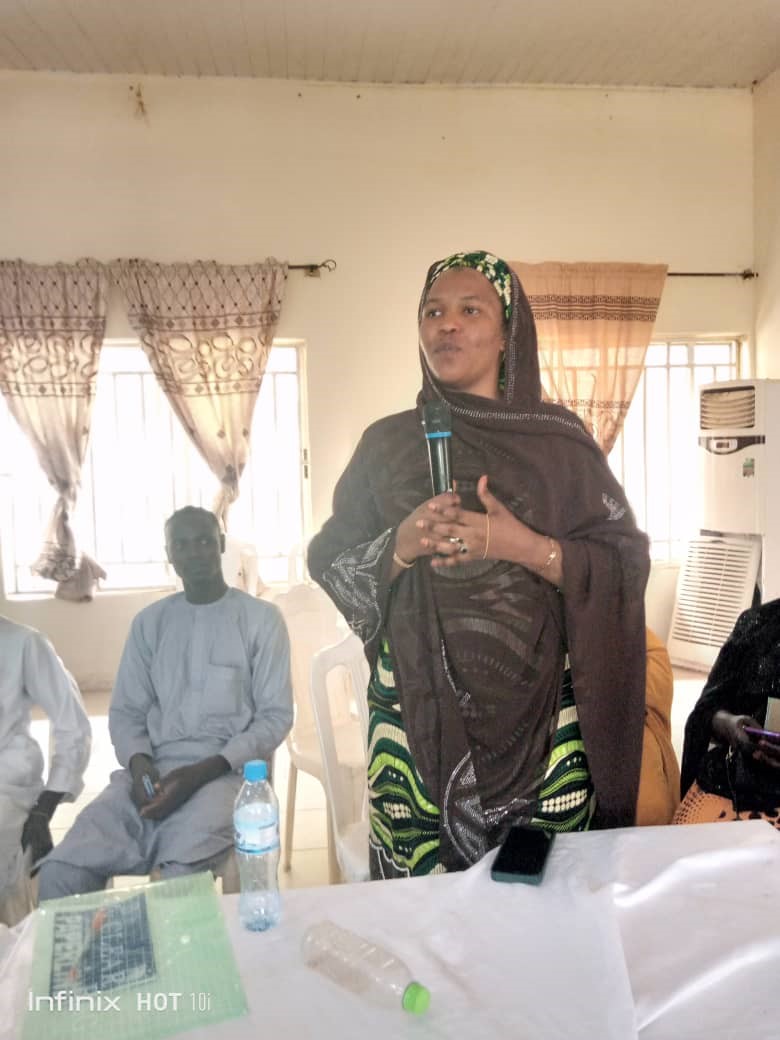Dossiers
Opening up opportunities for rural women to achieve their aspirations
On International Day of Rural Women, the IDRC-SPARC gender team reflects on its work with pastoralist women and communities, and the potential of empowering rural women to bring about gender equality.
Éditeur SPARC
The life of a rural woman in Africa can be tough. Gender inequality remains pervasive, and from birth the rights of girl children differ from those of boys. Boys are typically favoured for education, with girls expected to help around the home. As we mark the UN International Day of Rural Women on October 15th, in South Sudan, two thirds of girls continue to be out of school compared with just over half of boys. Globally, only 2% of the poorest rural women in low-income countries complete upper secondary education.
Unequal treatment and opportunities persist as girls grow into women. Culture often dictates that success and status for women depends on getting married and more so at an early age. More than half of women aged 20-24 in South Sudan - 51.5% – were married before the age of 18, according to UN women.
Achok: a pastoralist woman from South Sudan
This was the case for Achok, 40, from the Dinka pastoralist community in Bor, Jonglei State, South Sudan, whose future was determined for her when she was married off to an older man who paid 50 cows and some small animals as dowry to her family. Achok was the man’s third wife, and she explained: “I got married to whoever had cows to give my father”.
Early married life for Achok was good. She told us that her pastoralist husband even gifted her some cows and, as the youngest wife, she would accompany her husband to the cattle camp. But even in early adult life, the disparity in access to cattle between her and her husband is clear. Before civil war broke out in the country in 2013, she was able to defy some gender norms by trading cows – but this was limited to one or two at a time, while her husband owned many more animals and enjoyed the social status associated with owning large herds of cattle.

Rural women in Africa still have limited access to resources
This disparity in access to resources is common. In low-income countries like South Sudan, 64% of women work in agriculture, with the figure only slightly smaller (42%) in lower middle income countries such as Nigeria, based on statistics from the UN. Despite this, only 13% of women in Sub-Saharan Africa have solely ownership of land. This means that even if women are just as productive and enterprising as men, they are limited by the barriers they face in accessing land and the collateral it provides for inputs, such as seeds and fertiliser.
Whilst it may contribute to household food security, much of women’s work in agriculture is typically unpaid. They are also more likely to practice rain-fed farming using rudimentary tools and equipment, leading to low agricultural yields, low income, and food insecurity. This predominance of unpaid work means that women remain disproportionately represented in a variety of poverty indicators.
Now that she is older and her husband is elderly, and with the outbreak of war reducing economic opportunities across the board, Achok continues to face challenges. Her options for earning a meagre income are limited to selling firewood she has collected, or pounding dried ginger roots into powder on behalf of small traders at the market. Neither bring in enough money to educate all of her eight children. Currently only two are in school - even the boys are drawn into roles in cattle herding, as is Dinka custom.

Empowering women in drylands: ‘whole of society’ approach
However, there are success stories where dedicated efforts to empower rural women can reverse inequality. The likelihood of success is greater where activities targeting women are accompanied by whole-of-society efforts. IDRC-SPARC partner the Centre for Population and Environmental and Development (CPED) has embraced this whole-of-society approach in Nigeria through gender equality training. This training aims to raise the awareness of women and men about the ways that their behaviours and norms are shaped – thus showing them that these attitudes can change.
Polina and her husband, from Bauchi state, in Nigeria, are graduates of this gender equality training. Polina told us that previously she had to take on all of the responsibility for the household, whilst having limited say in decisions affecting family life and no control over finances. After completing the training, she now sees her marriage as more of a partnership. Her husband contributes to chores around the house, especially when she is unwell. She also now manages her own savings.

Sowing the seeds for a different future
Perhaps most important among the changes is that education for girls is now seen as a priority. This offers the opportunity to break the intergenerational cycle and ensure that today’s girl children become more empowered future rural women.
Nigeria, like South Sudan, still shows significant gender inequality in its indicators. Many women still marry young. They are also forced to put their health at risk in pregnancy due to sub-standard medical care capacity, particularly in rural areas. Access to assets continues to remain unequal.
On International Day of Rural Women, we should not lose sight of the changes that are needed across countries on a much larger scale,. But we must also not forget the individual successes. Achok’s story shows just how necessary this is, whilst Polina’s experience gives hope that by working together it can be done.

Find out more about SPARC’s partnership with IDRC, CPED, Kenyatta University and the Fulbe Cultural and Development Organization (FUDECO), as part of its ongoing work on gender, social inclusion and resilience in drylands, here.